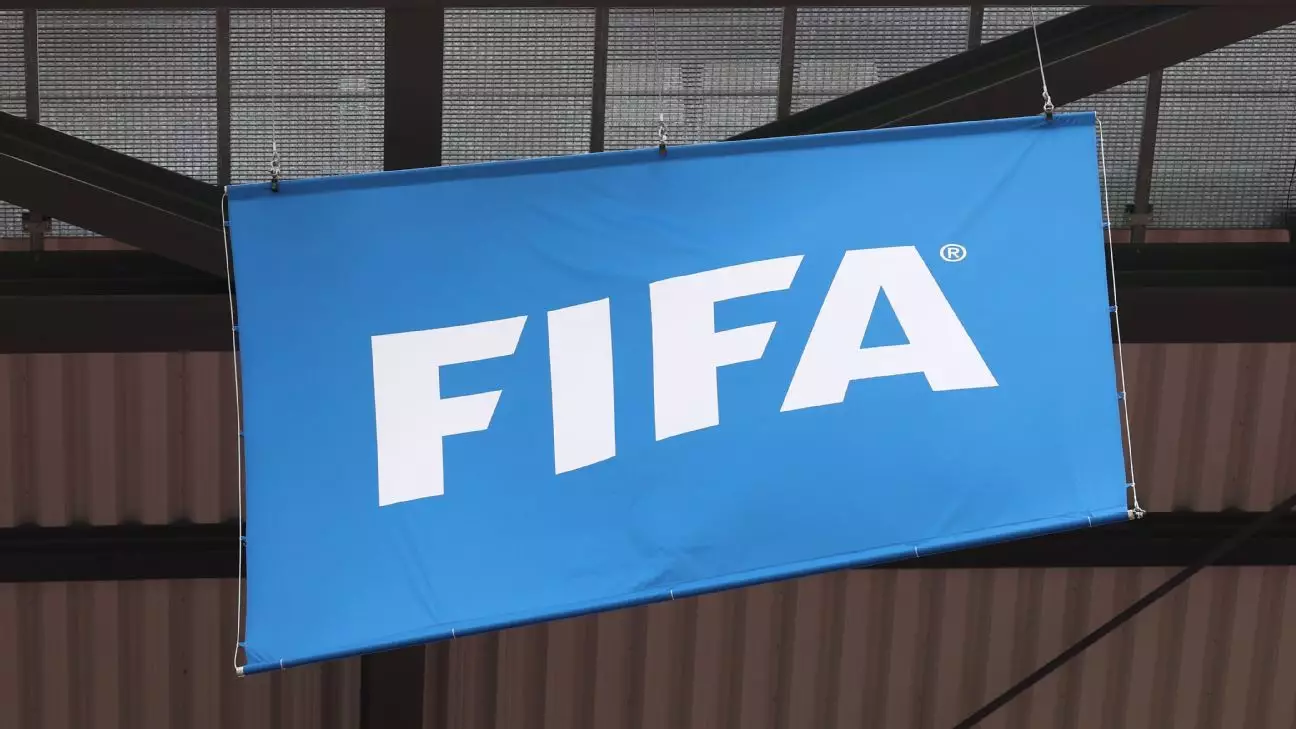In recent developments, a coalition comprising the European Leagues, the FIFPRO players’ union, and Spain’s LaLiga are gearing up to lodge a monumental complaint against FIFA with the European Union. This move is primarily a response to the relentless expansion of the soccer calendar, which has raised serious concerns regarding player welfare and the sustainability of both national and international leagues. The urgency of this complaint reflects a growing unease within elite football circuits, as stakeholders grapple with the implications of an increasingly congested schedule.
At the heart of this dispute lies the escalating pressure on players who, despite lucrative salaries, find themselves at the breaking point due to the intense demands placed upon them. The physical and psychological toll that a relentless schedule exacts cannot be understated. Players have vocalized their struggles, revealing that the joy of the game is often overshadowed by fatigue, injuries, and mental strain. The situation begs the question of whether the astronomical financial rewards are worth the price paid in personal health and well-being.
The impending legal action is not an isolated incident; it follows a significant ruling from Europe’s highest court that concluded FIFA’s player transfer regulations were in violation of EU laws. This landmark decision was spurred by a complaint from former French international Lassana Diarra, highlighting a growing willingness among players and sports organizations to challenge FIFA’s hegemony. The collaboration between European Leagues, FIFPRO, and LaLiga is emblematic of a broader desire to curtail FIFA’s monopolistic practices and promote a fairer environment for athletes.
As these parties prepare their legal complaint, they assert that FIFA’s increasingly complex and demanding international match calendar—including a newly expanded Champions League and Club World Cup—is becoming untenable for national leagues. These organizations argue that FIFA is overstepping its authority, leveraging its market power to impose unfavorable terms on players and clubs alike. This stance raises significant concerns about the long-term viability of professional leagues across Europe and the ethical responsibilities of governing bodies.
In its defense, FIFA maintains that the expanded calendar was adopted through a unanimous agreement involving extensive consultations with stakeholders, including FIFPRO and league representatives. However, as more voices join the growing chorus of dissent, skepticism regarding FIFA’s transparency and operational motives intensifies. The European Commission’s role as an antitrust enforcer further complicates FIFA’s position, as it has the power to impose sanctions and enforce compliance with fair competition laws.
As the complaint heads to the EU, the outcome could have lasting implications for the governance of soccer globally. The challenge put forth by the European Leagues, FIFPRO, and LaLiga underscores a pivotal juncture in the relationship between player welfare, club obligations, and the power dynamics within international football. As governing bodies face increasing scrutiny, the results of this legal challenge may redefine the landscape of soccer and lead to essential reforms aimed at prioritizing player health and ensuring fair competition. The sport’s future now hinges not just on matches played on the field, but also on a broader conversation about equity and respect for its key participants—athletes.

